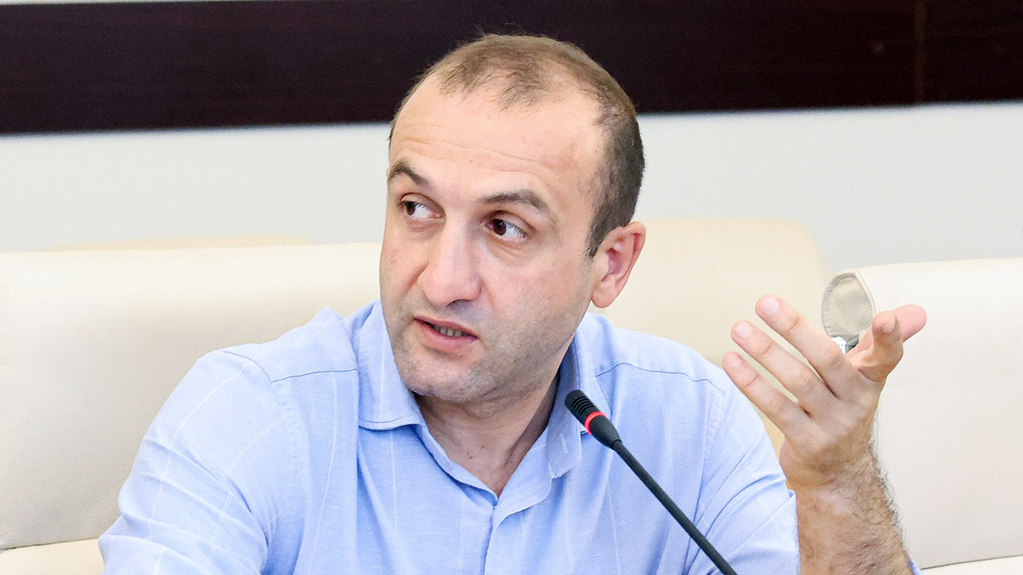Iago Khvichia, leader of Girchi and Member of Parliament of the 10th convocation, states that a violation of the secrecy of voting is a significant breach and provides legal grounds for canceling the election results. He supports the request from Georgia's Association of Young Lawyers to declare the summary protocols invalid in districts where voting was conducted using electronic devices. A total of 2263 such precincts were opened for the elections, representing 90% of the votes.
News
"Violation of the secrecy of the elections is a substantial infringement that, if proven, leads to the annulment of the elections as well as fraud. We should focus on this issue because it is almost a proven fact," Khvichia said. As per data from the Central Election Commission, 3% (or 62 309 voters) supported his party, leaving them outside the parliament.
Khvichia noted that members of Georgian Dream dismiss all arguments regarding election fraud, stating, "It is impossible to argue that you conducted the elections correctly when it has been confirmed that the secrecy of voting was violated for 90% of voters."
To determine whether the will of the voter could be identified from the back of the ballot paper, Khvichia suggested requesting the opening of the electronic precincts. If the violation is substantially proven - which seems to be the case - the election results should be declared null and void.
"This argument should be presented to our international partners concerning the declaration or non-declaration of the elections. No one in the civilized world conducts general elections by public vote. 'Kotsebi' (GD members) got troubled in these elections, and quite rightly so," Khvichia emphasized.
According to GYLA, the voter's right to vote in secrecy was significantly violated on election day. Specifically, Georgian Dream installed video cameras at polling stations, which mainly focused on the ballot box. However, the organization argues that the quality of the election ballots could not ensure the absence of traces from a colored circle on the backside. GYLA believes that the combination of these two factors confirms the high risks of influencing voters' will, thus violating the integrity of voting and the free expression of will.
"There are opinions suggesting that if voters had correctly placed their ballots in the envelope, the colored backside would not have been visible. This is a flawed argument because the ballot does not slide past the envelope quickly enough to prevent the colored circle from being seen. We have evidence that after the test circle, a second colored circle (indicating a vote for the party) is also visible when scrolling. Moreover, sometimes the machine does not accept the ballot and returns it, necessitating that the voter re-swipe it in the machine. When this ballot returns, it is, of course, without the frame envelope, and the voter cannot ensure whether they placed the frame in the envelope correctly," stated GYLA Chairperson Nona Kurdovanidze.
The Central Election Commission (CEC) denies that the secrecy of the vote was violated. According to Giorgi Kalandarishvili, the head of the CEC, "No one at any stage could find out which specific political union the voter voted for." This statement was made when Georgian Dream was at the bottom of the list of 18 political parties on the ballot paper.















